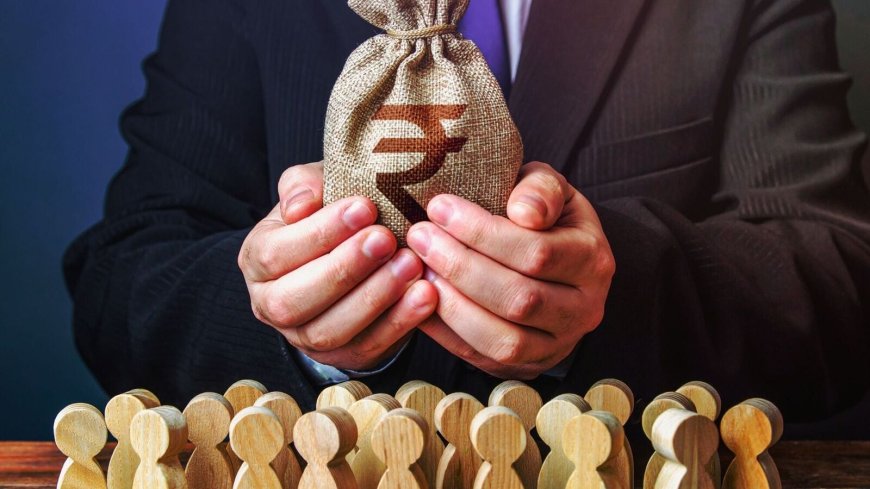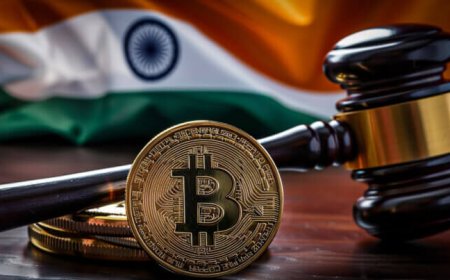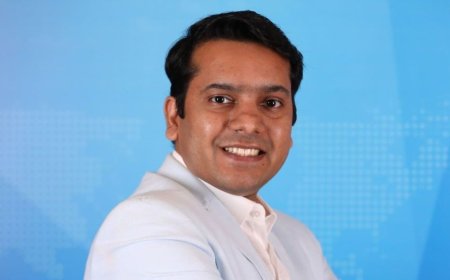Unclaimed deposits: THIS amount lies in banks. Check which lender tops the list
Over ₹78,000 crore in unclaimed deposits lie in Indian banks. Find out which banks top the list and how you can check and claim unclaimed funds using the RBI's UDGAM portal.

A Soaring Pile: ₹78,213 Crore in Unclaimed Bank Deposits
India’s banking sector is grappling with an ever-growing mountain of unclaimed deposits, which have now crossed a staggering ₹78,213 crore as of March 2024, according to recent data shared by the Reserve Bank of India (RBI). The data paints a concerning picture of idle funds lying dormant in savings, current, and fixed deposit accounts for over 10 years—and the list of banks with the highest amounts might surprise you.
Public Sector Banks Lead in Dormant Funds
According to RBI’s figures, public sector banks (PSBs) account for the lion’s share of these unclaimed deposits, totaling more than ₹71,000 crore. Among these, State Bank of India (SBI) tops the list with ₹8,086 crore, followed by Punjab National Bank (₹5,340 crore) and Canara Bank (₹4,558 crore). These three together make up more than 22% of all unclaimed deposits in the banking system
What Are Unclaimed Deposits?
Unclaimed deposits refer to funds in savings, current, or fixed deposit accounts that haven’t been operated for 10 years or more. If the account holder or their nominees fail to make a claim during this period, the amount is transferred to the Depositor Education and Awareness (DEA) Fund, which is maintained by the RBI.
While the money remains safe and can be claimed by rightful owners or their legal heirs, the reality is that a majority remains untouched—often because of lack of awareness, documentation issues, or death of the account holder without any known nominee.
What is the DEA Fund?
The DEA Fund, established by the RBI in 2014, was set up to safeguard unclaimed bank money while simultaneously promoting financial awareness and literacy. It earns interest on these idle funds and allows claimants to approach banks with valid documents to retrieve the money, even after transfer.
“The issue isn’t the safety of the funds—they’re secure—but rather how the public remains unaware of their right to reclaim them. This is particularly problematic for senior citizens and families who may not know about a deceased relative’s accounts,” said Rachit Mehra, a financial planner at Finsight Capital.
Government’s Digital Push to Reunite Depositors with Their Money
In response to the rising quantum of dormant funds, the government and RBI have stepped up efforts to help citizens identify and claim their unclaimed deposits. One major initiative is UDGAM (Unclaimed Deposits – Gateway to Access Information)—an online portal launched by the RBI.
The portal currently provides access to unclaimed deposit information from 30 banks, including all major public sector and some private sector lenders. Users can search using parameters like name, PAN, or date of birth to find any unclaimed money.
“Technology is making it easier to bridge the information gap. The UDGAM portal is a step in the right direction,” added Mehra.
Private Banks and Regional Rural Banks Not Far Behind
While PSBs dominate the numbers, private sector banks and regional rural banks also contribute to the growing sum. ICICI Bank and HDFC Bank together have over ₹3,000 crore in unclaimed deposits. Experts believe this reflects changing customer behavior, mobility, and lack of financial communication within families.
Interestingly, RBI’s 2024 Annual Report observed that increased urban migration and digitization have inadvertently contributed to the problem. Many people open multiple bank accounts across cities and forget to close them after relocation.
Analyst Insight: A Structural Issue in India’s Financial Ecosystem
Financial experts warn that unclaimed deposits represent a deeper systemic issue—a lack of financial planning and awareness among Indian households.
“This isn't just a banking issue. It’s a behavioral one. People often fail to update their nominees, or keep family members in the loop about financial holdings,” said Radhika Rao, Economist at DBS Bank India.
Investor Outlook: What Should You Do?
Investors and depositors are being urged to take proactive steps to avoid their hard-earned money going unclaimed:
-
Update nominee details for all financial accounts.
-
Inform family members about your bank and investment holdings.
-
Use tools like UDGAM to regularly check for unclaimed deposits.
-
Close unused accounts and consolidate where possible.
“In the digital era, there’s no excuse for not keeping your financial affairs in order,” Rao emphasized.
The ₹78,213 crore lying unclaimed in Indian banks is a startling reminder of the country’s need for stronger financial education, digital awareness, and estate planning. While mechanisms like the DEA Fund and UDGAM portal offer a retrieval path, the onus lies with individuals to ensure that their savings don’t end up forgotten.
As India moves toward a more digitized and interconnected financial landscape, addressing the root causes of unclaimed deposits—such as lack of documentation, communication, and planning—will be critical in protecting household wealth and promoting financial inclusion.
What's Your Reaction?
 Like
0
Like
0
 Dislike
0
Dislike
0
 Love
0
Love
0
 Funny
0
Funny
0
 Angry
0
Angry
0
 Sad
0
Sad
0
 Wow
0
Wow
0













































































